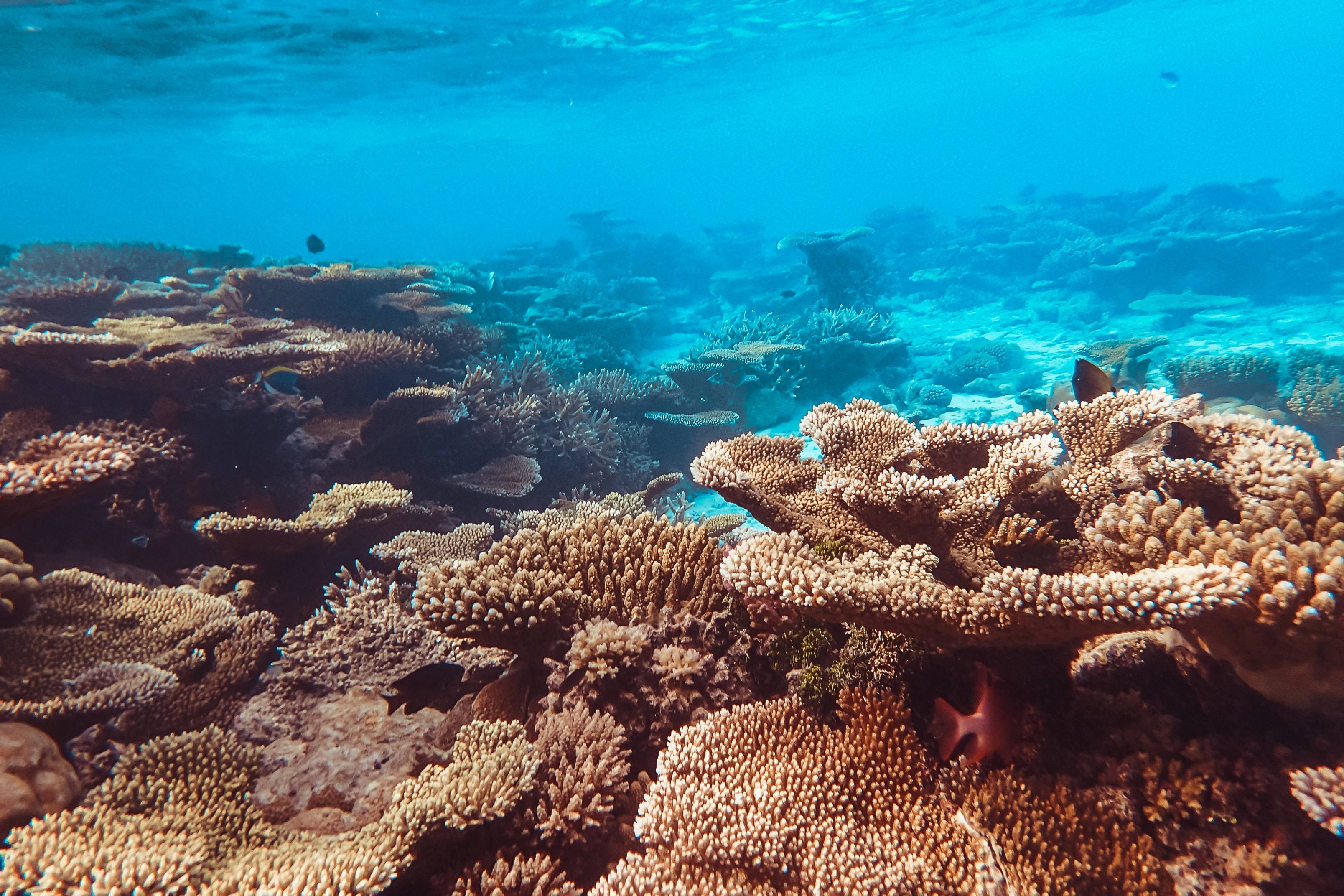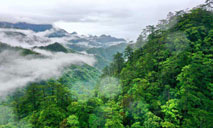Interview: Coral reefs need to be protected as "rainforests of the sea": Jordanian scientist

Photo/Unsplash
AMMAN, May 23 (Xinhua) -- The coral reefs should be protected as "rainforests of the sea," which support some 25 percent of all known marine species globally, a Jordanian marine scientist has said.
Jordanian scientists are developing a toolbox to rescue coral reefs from potential threats of mass bleaching and erosion, and safeguard marine biodiversity, Fuad Horani, a Jordanian coral eco-physiology professor, told Xinhua in a recent interview.
"There are millions of reef-associated organisms living within the coral reefs," said Horani.
"Once we lose the hard corals, the main framework of coral reef ecosystems, then we will lose the whole ecosystem," he warned.
Covering less than 1 percent of the ocean area, coral reefs are considered as "rainforests of the sea" which support some 25 percent of all known marine species globally, he said.
However, the ongoing ocean warming and human activities such as industrial pollution have endangered corals, said Horani.
As the founder of several coral research labs at the marine science station (MSS) of Aqaba, Horani is endeavoring to save corals starting from the Gulf of Aqaba.
"The Gulf of Aqaba in the Red Sea is now considered as the 'world bank' of corals, which is a reserve for the rest of the world," Horani said, adding that the gulf is home to more than 150 species of hard corals.
Based on the health and wide diversity of corals in the Gulf of Aqaba, Horani and his research team are conducting a wide range of coral research projects, one of which is freezing cells and tissues of corals in the "coral bank" which has stored some 80 species for future revival.
In parallel, to propagate diverse corals and then send them to other regions of the world where reefs are dying, they are cultivating coral larva in lab nurseries, restoring damaged reefs with glued-on alive coral tissue, and developing artificial reefs, Horani said.
"The keystone of coral protection is public awareness. If you are a tourist who knows the importance and fragility of coral reefs, you will take extreme care, rather than damage the reefs," he said.
With almost 25 years' experience in coral research, Horani described corals as human beings.
"When you are under the water, you see the beauty of the corals and how they suffer, how they work to live. It's just like any other human being," he said.
People tend to understand the importance of rainforest protection, but know little about the "rainforests of the sea," said Maysoon Kteifan, a research assistant in Horani's team.
Kteifan said that coral is a kind of "animal," rather than stones or plants, which "needs to be delicately preserved."
Noting the coral reefs also serve as a major source of seafood and can boost coastal city's tourism, Horani called for joint responsibility to protect the ocean's sustainability.
"It's a shared responsibility to protect the global fortune of coral reefs on the earth," Horani said.
Photos
Related Stories
- Chinese researchers ‘plant’ corals on seabed
- China's marine satellites support coral reef protection in South China Sea
- Researchers dedicated to coral rehabilitation in Celukan Bawang, Indonesia
- Corals seen in west Pacific on Chinese research vessel Kexue
- Living Stones: close-up photos of coral rocks
- Indonesia's Bali conducts coral restoration
- WWF: coral reef near mouth of Manila Bay in "battered state"
- WWF urges world to save coral reef in Indonesia-hosted WOC
- Gene decides whether coral relative will fuse or fight
Copyright © 2021 People's Daily Online. All Rights Reserved.










